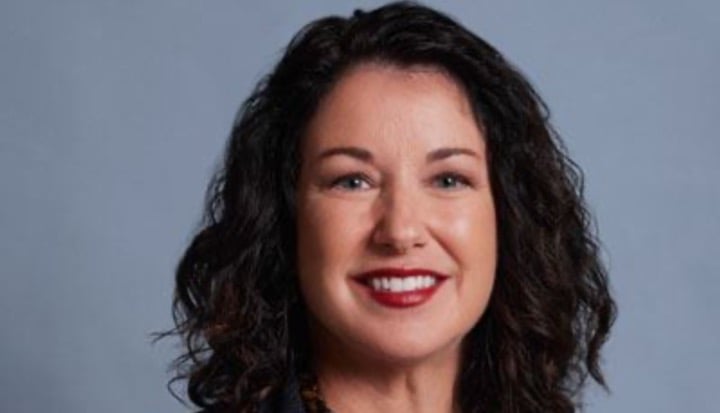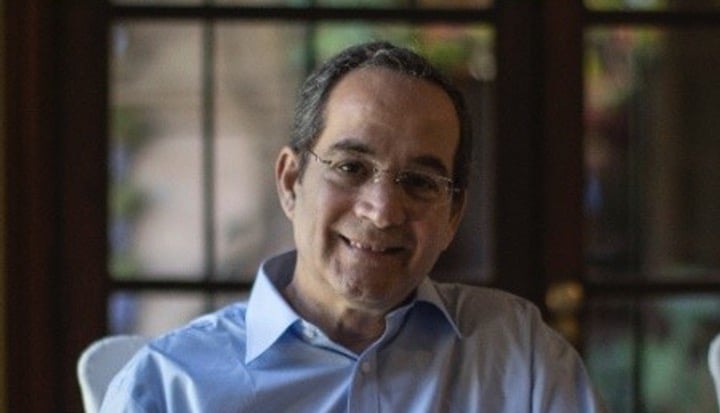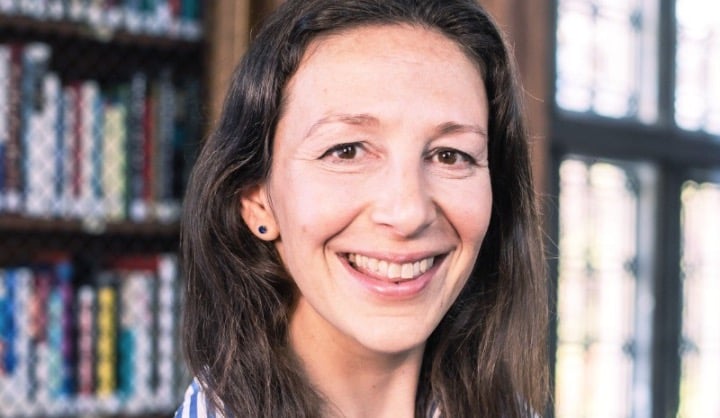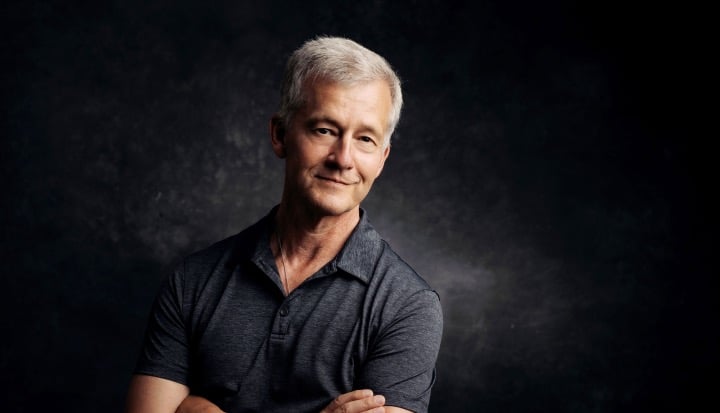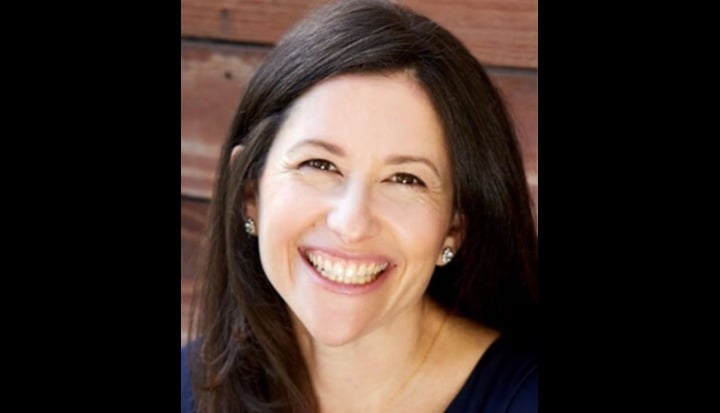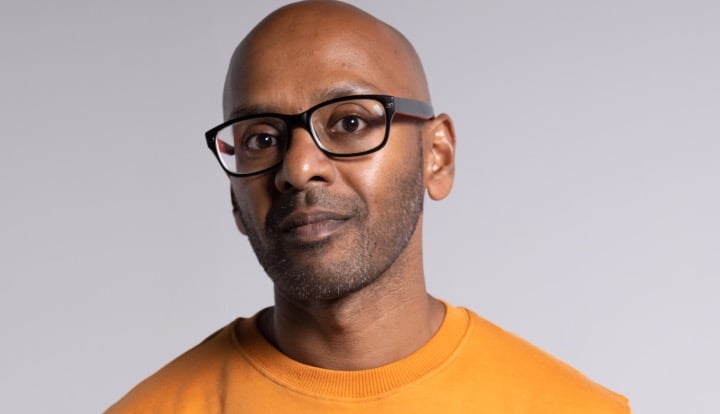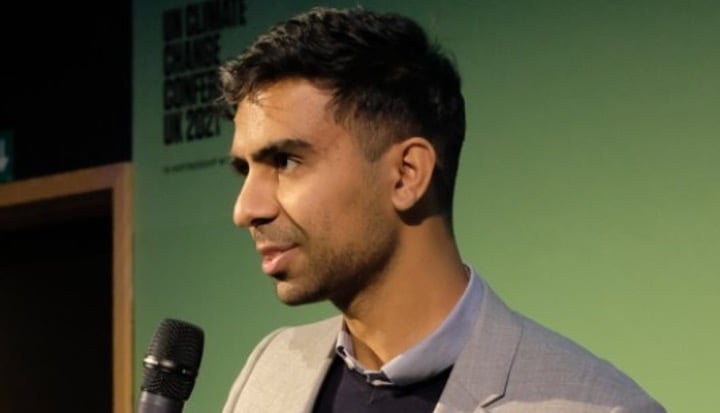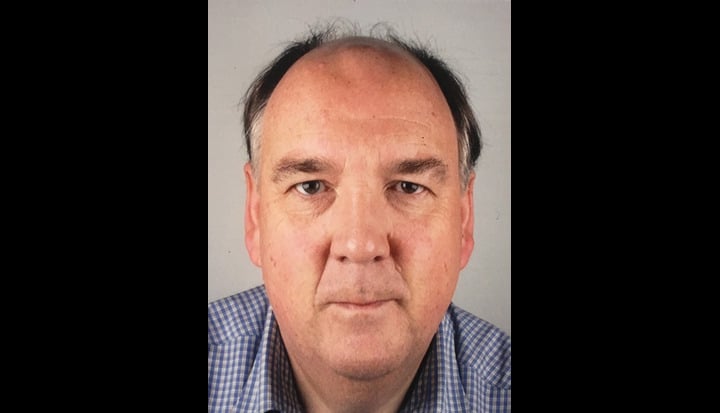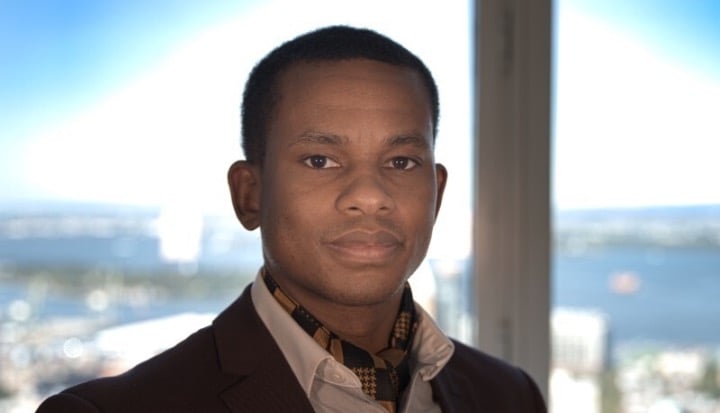Anglo American is the globe’s sixth largest mining company, mining diamonds (through De Beers), copper, platinum and other precious metals, iron ore, coal and nickel in in Southern Africa, North and South America and Australia. With 87,000 employees, this UK headquartered company have been in operation for over 100 years.
In this interview Maike von Heymann, Anglo American’s Socio-Economic Development and Partnership Manager, shares her insights on the progress of community engagement and the importance of partnerships – as Anglo American increasingly looks to long term economic development for the regions in which they operate.
BFP: Why is socio-economic development important to Anglo American?
Maike: At Anglo American we have just launched our new Sustainability Strategy as part of ‘FutureSmart Mining’. To ensure that we better meet society’s growing expectations for truly sustainable mining, we have set out a series of stretch goals relating to our host communities, the natural environment, and the governance of our industry, together with a new collaborative approach to regional economic development.
My work focuses in particular on our commitments to support thriving communities – this encompasses livelihoods, health and education in the regions where we operate. Underpinning this work is the development and support of partnerships; only through strong partnerships we can enable scale and ensure sustainability.
BFP: Anglo American has a long history of community engagement in emerging markets, how is this work evolving?
Maike: At a bare minimum, mining permits and other licenses often come with legally binding or regulatory requirements that bind us into creating socio economic improvements with communities, however, in a positive way, we are increasingly moving from shorter-term programmes to longer-term strategic approaches aiming to develop economies that can deliver opportunities even after mine closure. Our experience shows that doing really good business – properly investing in and supporting community and regional development means that those progressing communities become advocates and ambassadors for our business. Where previously we might have seen protesting, we now have experiences of communities asking protesters to stop because they deem Anglo American as a community asset.
To have a long-lasting positive legacy for the countries and communities where we operate, we must continue to put sustainability and longer-term strategic thinking at the core of our decision-making and planning. Our socio-economic development approach focuses on leveraging core business activities, improving the productivity of local economies and public institutions, and delivering benefits through partnerships.
BFP: What does Anglo American’s community engagement look like in action?
Maike: One example I am particularly excited about is a collaborative regional development platform, currently being piloted in Limpopo, South Africa.
Limpopo is important to our diamond and platinum businesses, but the province is faced with enormous challenges; it has a population that has generally low literacy and skills levels, and high rates of unemployment. There is also a shortage of quality housing and limited infrastructure, including sanitation and potable water, which is a scarce resource.
One company cannot fix all of this, a joined up approach, with a long term vision is needed. So instead of trying to help on the fringes in small areas within our host communities, we instead have jointly set up a collaborative regional development platform with partners that share a common vision for socio-economic development in the region. We are reaching out across the region and bring together relevant stakeholders, from government and NGOs to civil society and other businesses.
The approach draws on a collective-impact model, which hinges on the idea that in order for organisations to create lasting solutions to social problems on a large scale, they need to coordinate their efforts and work together towards a clearly defined goal. The platform is already helping to catalyse collaboration and partnership on systemic, cross-sector, transformational sustainable development in the province. For example, working with spatial data on socio-economic and environmental aspects, we have been able to detail out the approach for existing priority sectors and various new priority sectors for development have been identified.
We are currently looking at rolling this approach out to other countries where we operate.
I don’t know many other examples of partnerships moving to such a multi-stakeholder platform approach and would welcome any thoughts or advice from the Business Fights Poverty network on the topic.
For more information on this please see: http://southafrica.angloamerican.com/our-difference/transformation/our-transformation-pillars/mine-community-development/case-studies.aspx
BFP: Does small and medium sized enterprise (SME) ecosystem development play a part in Anglo American’s socio economic development?
Maike: Yes, absolutely. We have been operating enterprise development programmes globally since 1989 and today we have programmes in South Africa, Botswana, Chile, Peru and Brazil.
Supporting local enterprise ecosystems is important to us and it’s an important consideration in our programme design. Our aim is to create sustainable economies in our host communities. This might take the form of capacity building of local institutions or supporting policy development.
We know we are just one stakeholder in a much wider system, and that we won’t be present in a community forever, so we work hard to support the local public sector or wider civil society to ensure broad SME system impact for the long term. Mentoring and capacity building is often a value we can add to strengthen local ecosystems.
BFP: How do you measure success?
Maike: Measuring and tracking our return on investment (ROI) in community activities is important – it ensures we continue to get funding, time and commitment from the central business, it’s vital to our stakeholder engagement – for our investors, for our stakeholders in the regions in which we operate and for those of potentially new locations.
We are trying to become better and measure not only outputs, but also outcomes of our programmes. For example we have developed a Socio-Economic Assessment Toolbox (SEAT), which shows us how our operations affect each community. And increasingly we are using a combination of qualitative and quantitative data and alongside trying to gather real time feedback.
For example, the Connected Communities project engages monthly with stakeholders via mobile text message surveys, allowing us to understand how perceptions shift over time. Though texting has its limitations in terms of identifying underlying drivers, it works very well as an early flagging mechanism for community sentiment.
BFP: What are top three trends you see and why are they important?
Maike: My three top trends are:
- The Sustainable Development Goals (SDGs) – I see an increase in awareness from the private sector around the social challenges we’re facing – the SDGs really helped to frame these and more importantly the understanding that business has a critical contribution to make in addressing them. In Anglo American, I am encouraged that the SDGs are now being talked about by senior leaders and by business area heads as important to our company’s future success. The next step I keep coming back to is how do we ensure the long-term impact to the SDGs from the work we are doing?
- The importance of partnerships – we can only achieve long-term sustainable change if we work together. Being the sole contributor doesn’t make enough impact; each sector has an important role to play – now we just need to get better at working together.
- Shifts to long term – In some ways this was already in place for Anglo American, we were thinking longer term for our assets, for life-time cycling and decommissioning; now we are beginning to link this to community impacts and socio-economic development activities. We are seeing our core business really thinking about this, moving from short-term tactical activities to long-term strategic approaches, including socio-economic closure assessments, and incorporating this into plans earlier on.
BFP: What ask do you have of the Business Fights Poverty network?
Maike: I love learning from other industries, increasing my understanding from others, it helps me to be more innovative and effective. The Business Fights Poverty network really stretches my thinking, thank you.
I am looking for ideas, inspiration and insight into what makes great partnerships, and how to ensure their scale, impact and longevity; if any readers of this article have advice, I would love to hear them.

